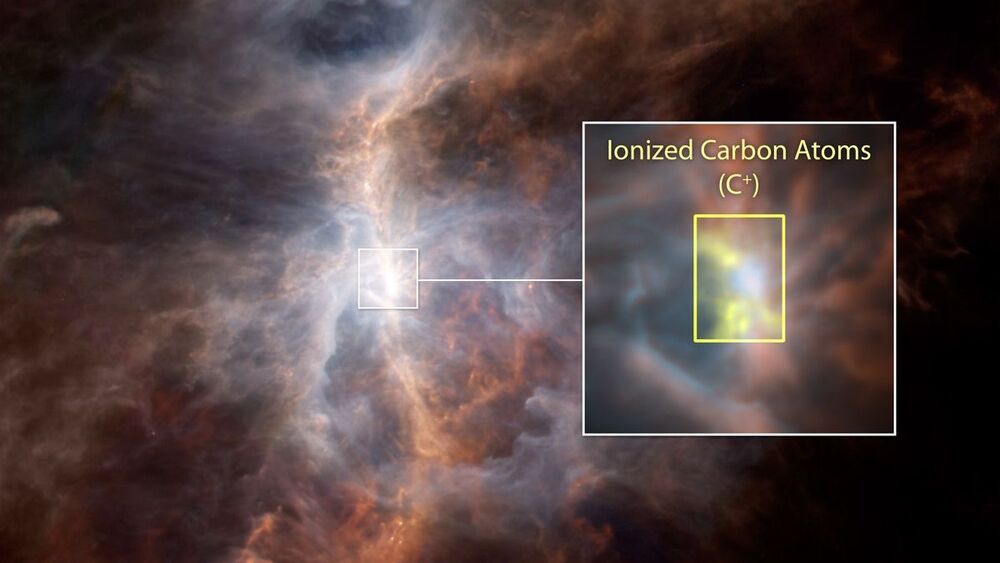Circa 2016 o.o!
The theory used to be that hydrocarbons were created in “shocks,” or violent stellar events that cause a lot of turbulence and, with the shock waves, make atoms into ions, which are more likely to combine.
The data from the European Space Agency’s Herschel Space Observatory has since proved that theory wrong. Scientists at Herschel studied the components in the Orion Nebula, mapping the amount, temperature and motions for the carbon-hydrogen molecule (CH), the carbon-hydrogen positive ion (CH+) and their parent molecule: the carbon ion (C+).
They found that in Orion, CH+ is emitting light instead of absorbing it, which means that it is warmer than the background gas. This was surprising to scientists because the CH+ molecule is incredibly reactive and needs a high amount of energy to form, so when it interacts with the background hydrogen in the cloud it gets destroyed.
